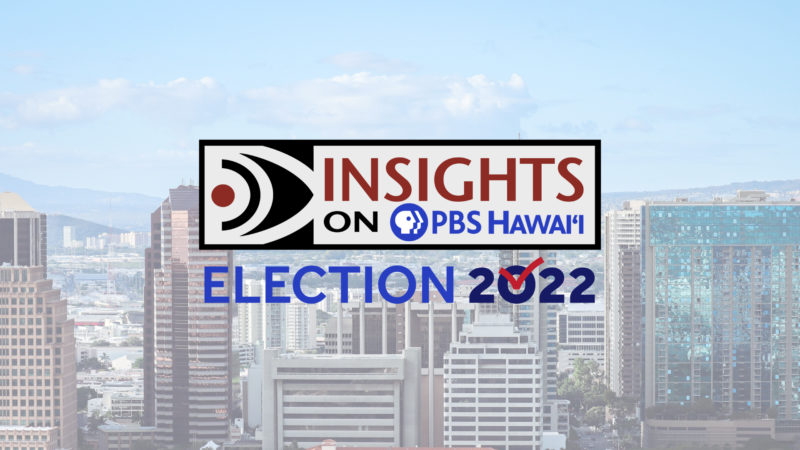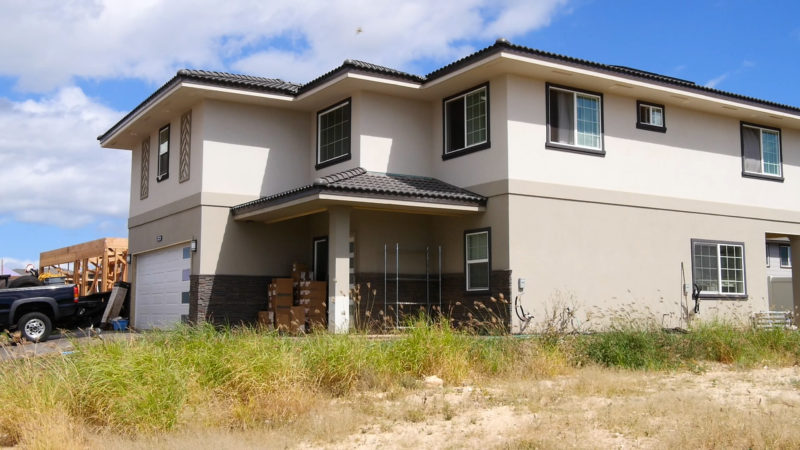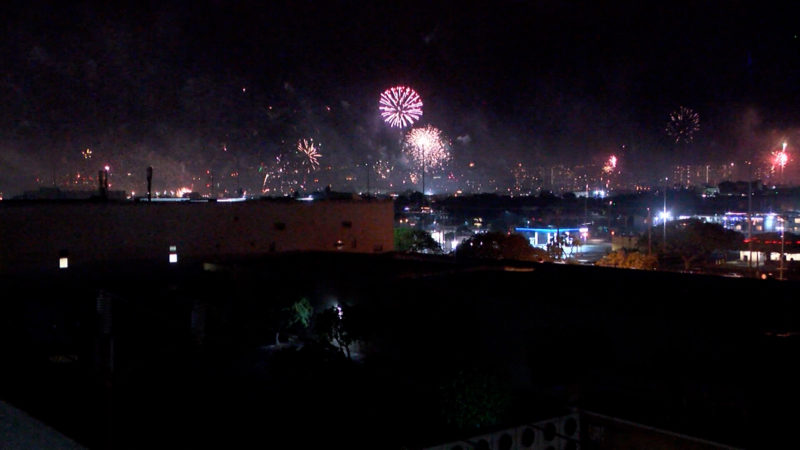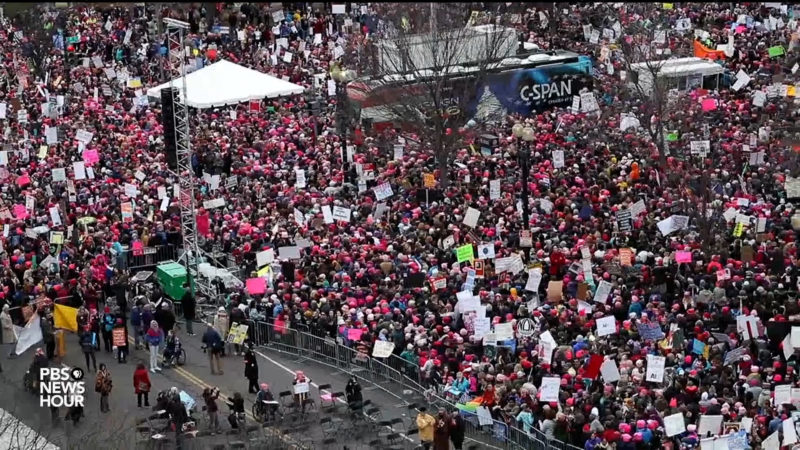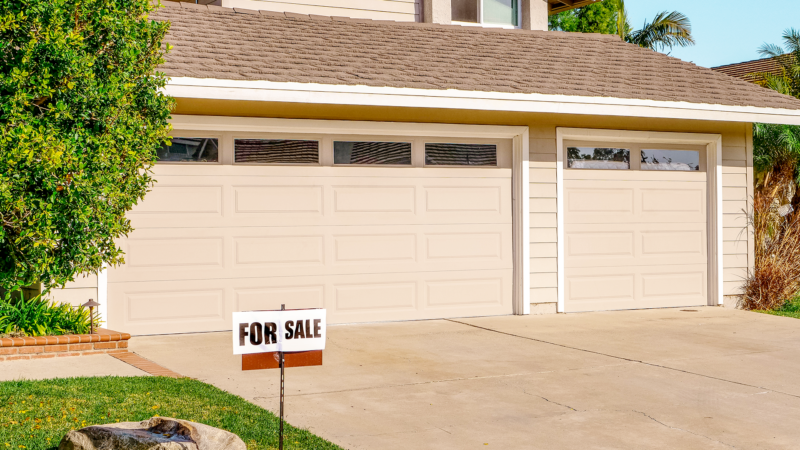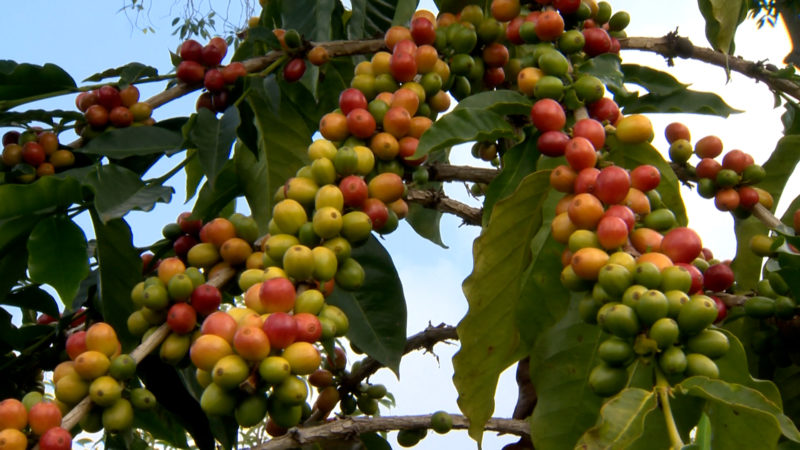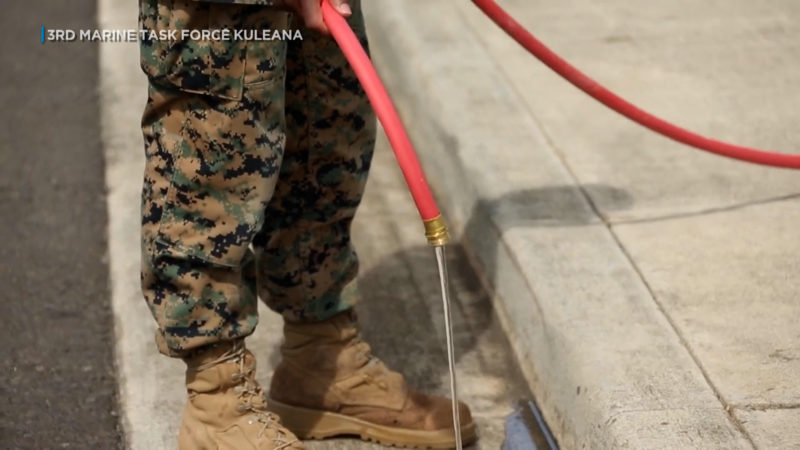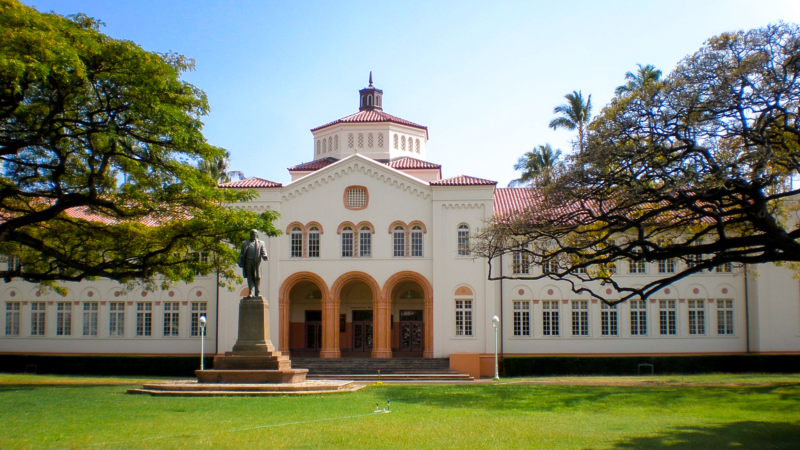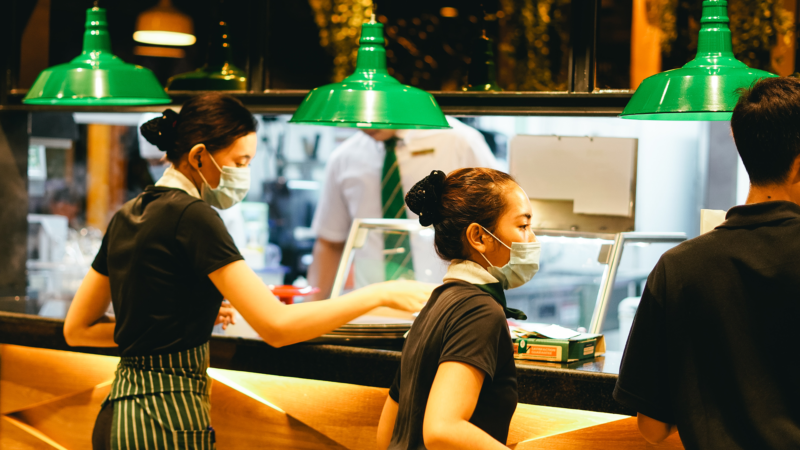Voters will have diverse options this election season as six political parties have qualified to have candidates on the Hawaiʻi ballot.
The Department of Hawaiian Homelands has been criticized for years over its failure to provide homes to Native Hawaiians. Thousands of people have waited decades for a shot at owning a home on their ancestral lands. Some have died waiting. State lawmakers are poised to pass historic legislation that would provide $600 million to help solve this problem.
The illegal aerial fireworks that dominate Hawaiʻi skies each New Year's Eve have become a constant. In some areas, the booms start around Halloween and last through Chinese New Year. Thousands of complaints are filed every year, but what, if anything, can lawmakers and police do to combat the growing illegal fireworks problem?
March is Women's History Month, a time to reflect on the advancements women have made in society. As gains continue to be made, what can women do to further close the gender gap?
Every year there is talk about building more affordable housing, a topic that was deemed “a crisis” by the state back in 1970. For reasons that are never fully explained, the “crisis” endures. With the median price of homes in two of Hawaiʻi’s four counties topping $1 million, is a solution really possible?
Coffee is big business in the islands. In fact, Hawaiʻi is the main source of domestically grown coffee in the United States. But crops and farms are under threat from disease and pests. And for years there’s been a battle to make sure coffee packages with labels that read “grown in Hawaiʻi.” actually contain beans that are grown here.
It has been more than two years since COVID-19 made its way to Hawaiʻi and hundreds of people are still testing positive every day. Vaccines, boosters, and more widely available treatment options have helped to lessen COVID’s impact but what about the long term health ramifications for survivors?
The drama over the Navy’s underground fuel storage facility at Red Hill continues. Thousands of military and civilian families, as well as several schools, have not been able to use their tap water and many people are still living out of hotels. Questions remain about the future of the fuel tanks and the threat they pose to Oʻahu’s water supply.
There is a renewed effort to change the name of McKinley High School on Oʻahu and remove the statue of its namesake, President William McKinley, for his role in the illegal annexation of Hawaiʻi by the United States. Supporters of the campaign want the school to revert to its original name, Honolulu High School. Opponents say changing the school’s name would be a slight to its alumni.
Lawmakers were poised to raise Hawaiʻi's minimum wage in 2020 but stopped short as the COVID-19 pandemic took hold, devastating local businesses and disrupting lives. Even as the pandemic lingers, the economy is rebounding, reviving the discussion about raising the wage.


